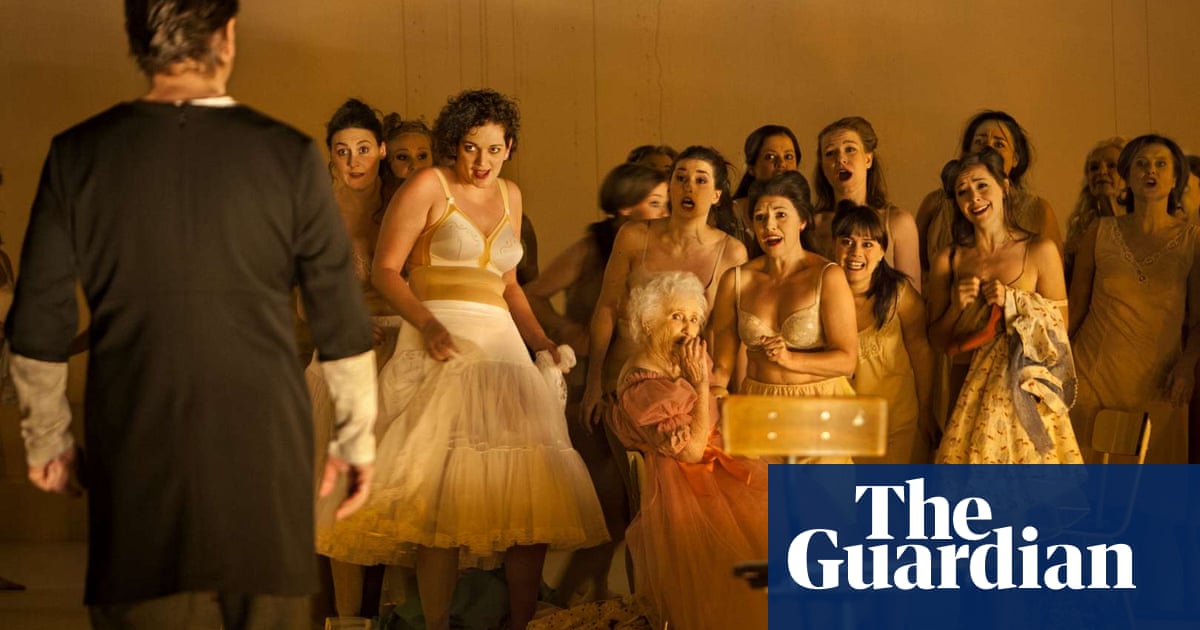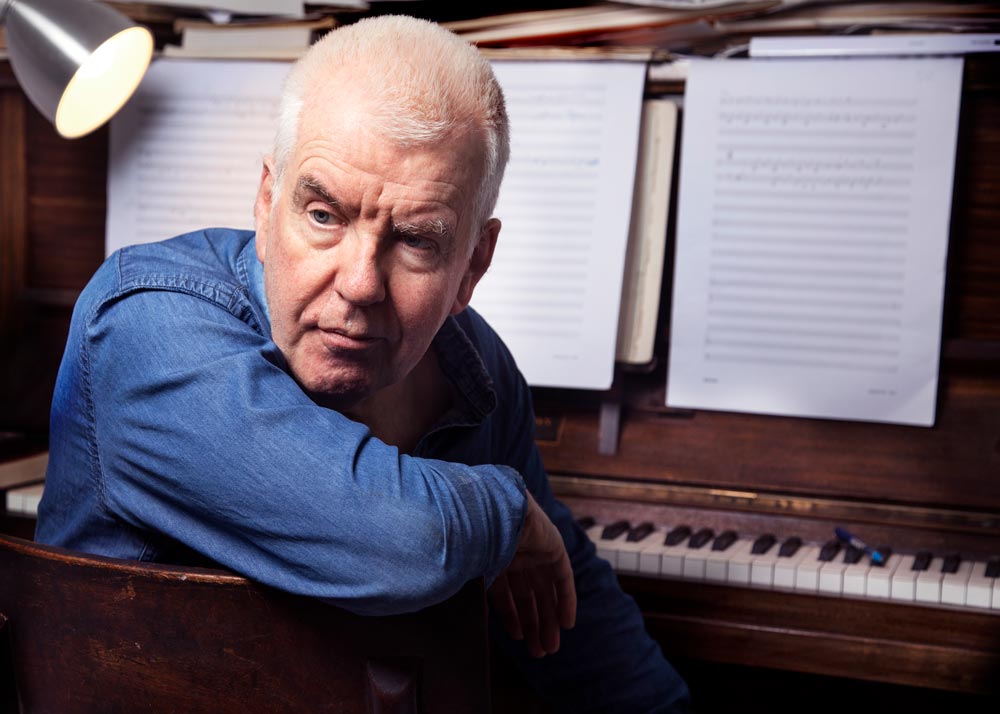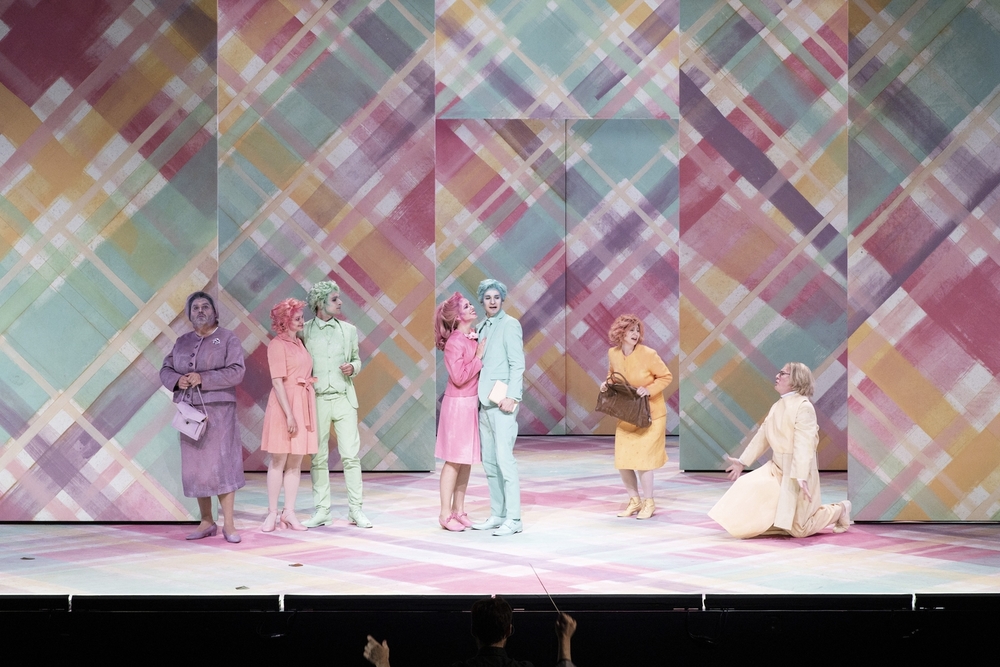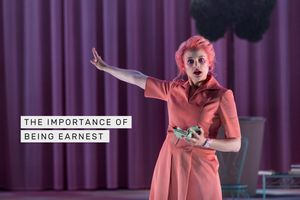Opera by Gerald Barry
Production of Nouvel Opéra Fribourg, 2019
Earlier in 2019, I had the privilege of performing Cecily Cardew in Gerald Barry’s opera The Importance of Being Earnest, based on the Oscar Wilde play. Having not studied his music previous to being cast in the role, it was such a delight to discover and experience the unique theatricality of Gerald Barry’s sound world during the entire preparation, rehearsal and performance periods of this opera production. His compositional style incorporates musical references, unconventional instrumentation, acrobatic vocal writing in line and range, and perhaps most notably from an audience perspective, the direct participation of the orchestra in the theater of the story throughout. Where Oscar Wilde's text employs satire to challenge traditional social norms of the bourgeois, Gerald Barry's music bends traditional performance practice within opera in a way that drives the plot and highlights the major themes of The Importance of Being Earnest. In this way, his opera preserves the integrity and uniqueness of Wilde's original play, while creating for an audience a new musical layer of interpretation.
One of the aspects of performing opera that I find most meaningful is in interpreting how characterization, body language, and non-verbal communication can be informed by orchestration, and not simply text. Not only because it gives depth and authenticity to performance, but also inasmuch as it gives a visual reference to the audience that can demonstrate how to listen to music as it supports the drama on stage. Musical writing serves dramatically as a communication device as well as a representation of the emotional states of the characters. This was addressed at length during the rehearsal period at Nouvel Opéra Fribourg with the direction team (Julien Chavaz, Anne Schwaller and Nicole Morel) while staging and choreographing the opera. Barry's music was implemented as a driving force of plot, from representing Miss Prism's constant interruptions in speech written in her musical line as an involuntary physical tic, to choreographing fourteen measures of flying declensions in the horn part with Cecily's entrance in a way that communicated her resistance to and disgust of studying German grammar. I have to say, there is absolutely nothing in a scene that can strengthen a character's assertion more than when it is directly followed by brass at fortissimo (case in point). SO satisfying!
Within The Importance of Being Earnest, the active and unconventional participation of the orchestra challenges traditional performance practice and consequently intensifies how the drama onstage can be received by an audience. This was an aspect of our production that I was looking forward to the most, and occurs perhaps most strikingly during interactions between Cecily and Gwendolyn. The conflict between these two characters is demonstrated in the second act as a duet performed through megaphones, coordinated with percussion, some of which in this production was carried out by the baritone who sang Merriman, smashing forty dinner plates, as well as the conductor himself striking a Große Hammer. After Cecily and Gwendolyn's reconciliation, their solidarity is highlighted in the third act through delivering dialogue with the orchestra shouting along, and in this production was performed directly from the orchestra pit next to the conductor. From a theatrical perspective, while not necessarily based in realism, the result is authentic and extremely effective!
Performing contemporary opera often demands a high level of competence, enthusiasm and collaborative effort from everyone within a creative team in order to carry it out successfully. This opera is no exception. I cannot speak for Oscar Wilde, but I will use his words to describe Barry's musical setting of his masterpiece as one that most certainly "produces vibrations".
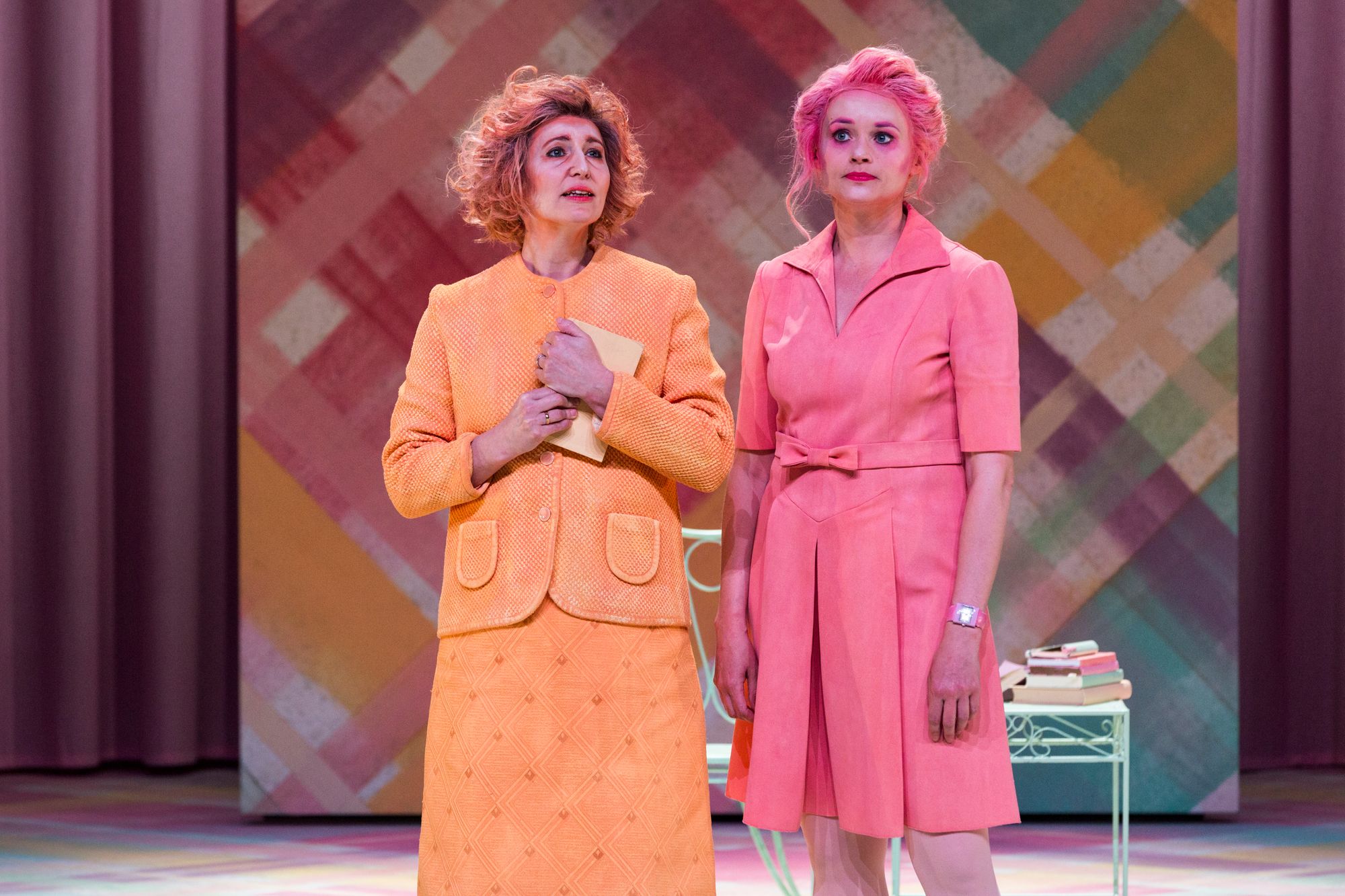
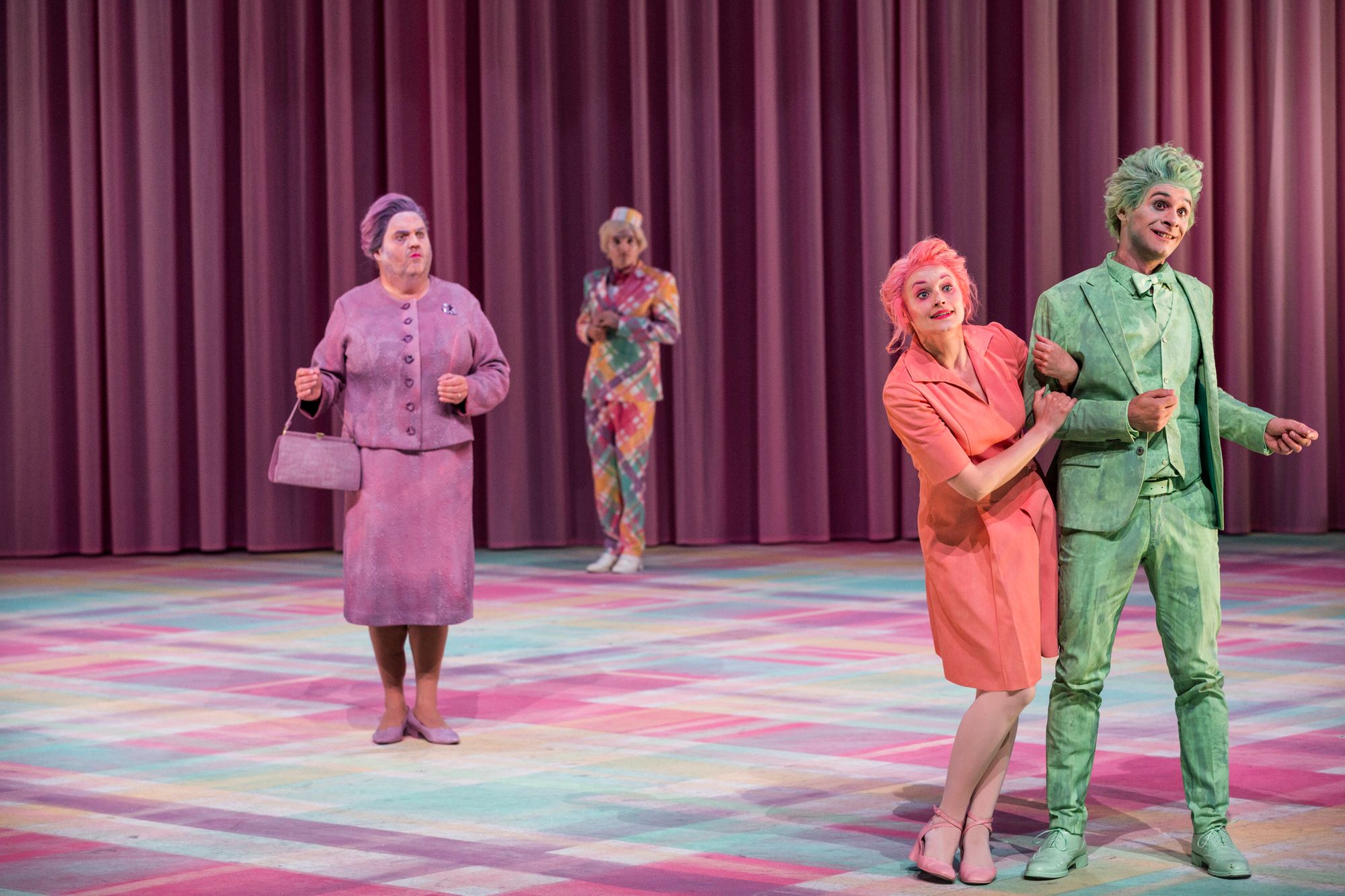
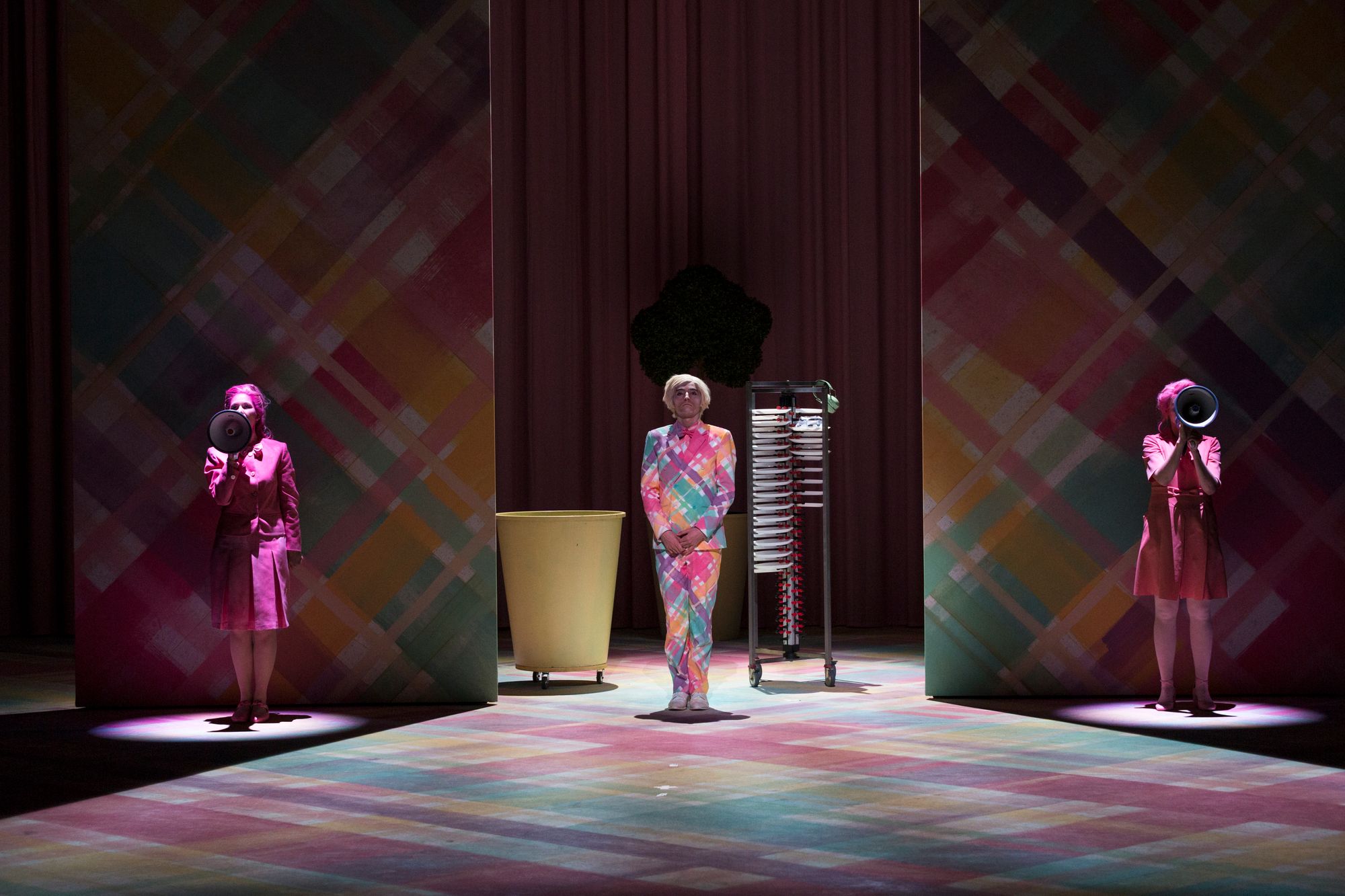
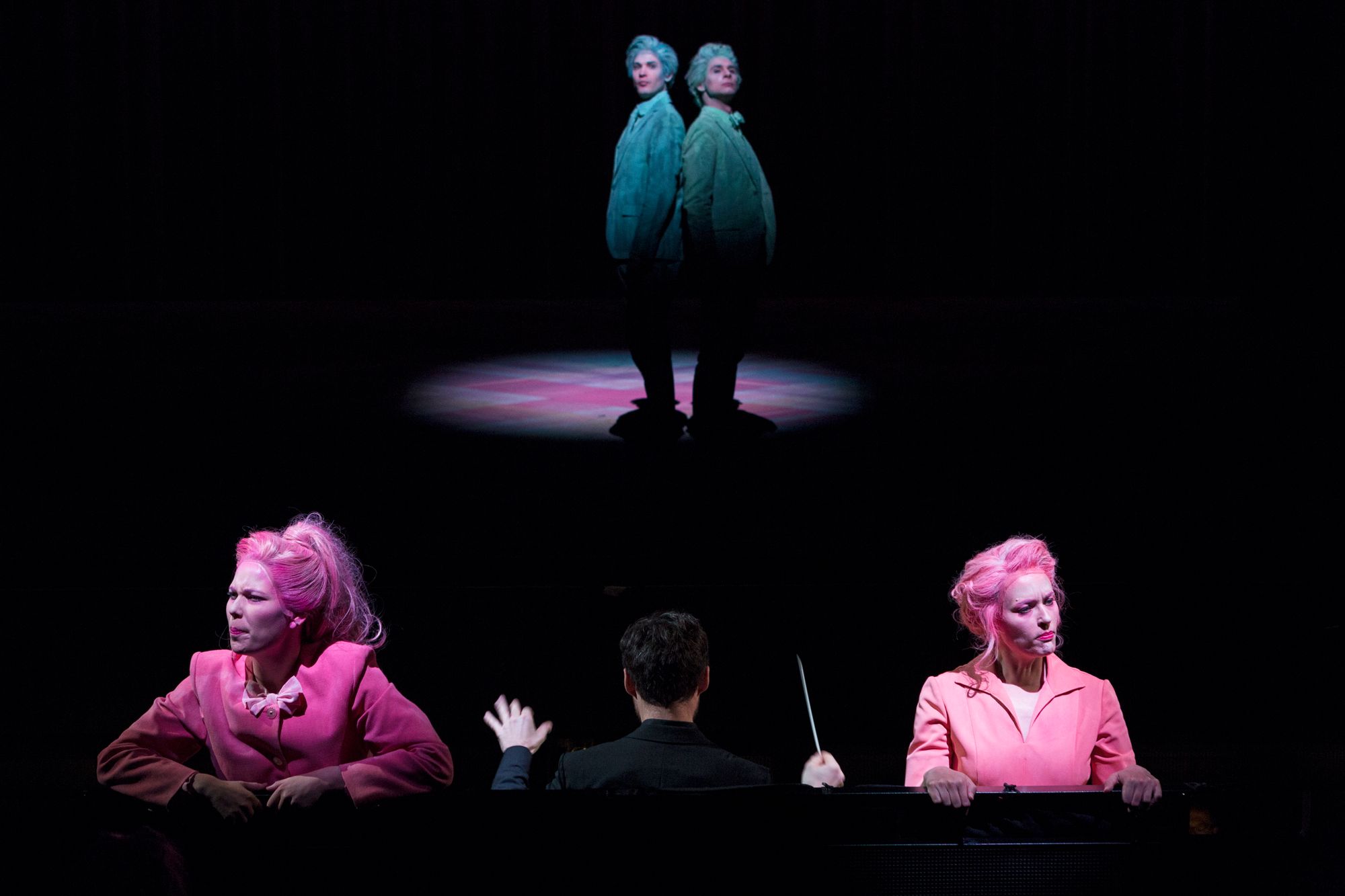
Director: Julien Chavaz
Conductor: Jérôme Kuhn
Nouvel Opéra Fribourg & Athénée Théâtre Louis-Jouvet
Cast: Timur (Jack), Ed Ballad (Algernon), Alison Scherzer (Cecily), Nina van Essen (Gwendolyn), Graeme Danby (Lady Bracknell), Jessica Walker (Miss Prism), Vincent Casagrande (Lane/Merriman), Steven Beard (Dr. Chausible)
Paris performance available to stream online at Operavision Check website for availability.
Press
"La soprano américaine Alison Scherzer prête d'insolents aigus à Cecily..."
Philippe Venturini, Les Échos
"...et l'étonnante soprano Alison Scherzer aux audacieux suraigus."
Romaric Gregorian, Classica
"...et la soprano Alison Scherzer négocie sans complexe les vocalises aériennes de Cecily."
Michel Parouty, Opéra Magazine
"Du strict point de vue du chant, on distinguera les très belles interprétation d'Ed Ballard (Algernon) et Alison Scherzer (Cecily)."
Laurent Vilarem, Crescendo Magazine
"On relève particulièrement le lyrisme décuplé par le chant de la soprano Alison Scherzer..."
Alain Cochard, ConcertClassic.com
"Du côté des jeunes filles, on est bluffé par les suraigus que l'Americaine Alison Scherzer émet avec une facilité déconcertante et sans la moindre aigreur..."
Laurent Bury, ForumOpera.com
"Mais la virtuosité des chanteurs (en particulier celle du ténor Timur et de la soprano Alison Scherzer), leur légèreté vocale, leur capicité à assumer les aigus, fascinent."
La Liberté
"...während Alison Scherzer mit ihrem fein dosierten Sopran Cecily Jugendlichkeit und eine gewisse Naivität verleiht."
Sandro Sprecher, Freiburger Nachrichten
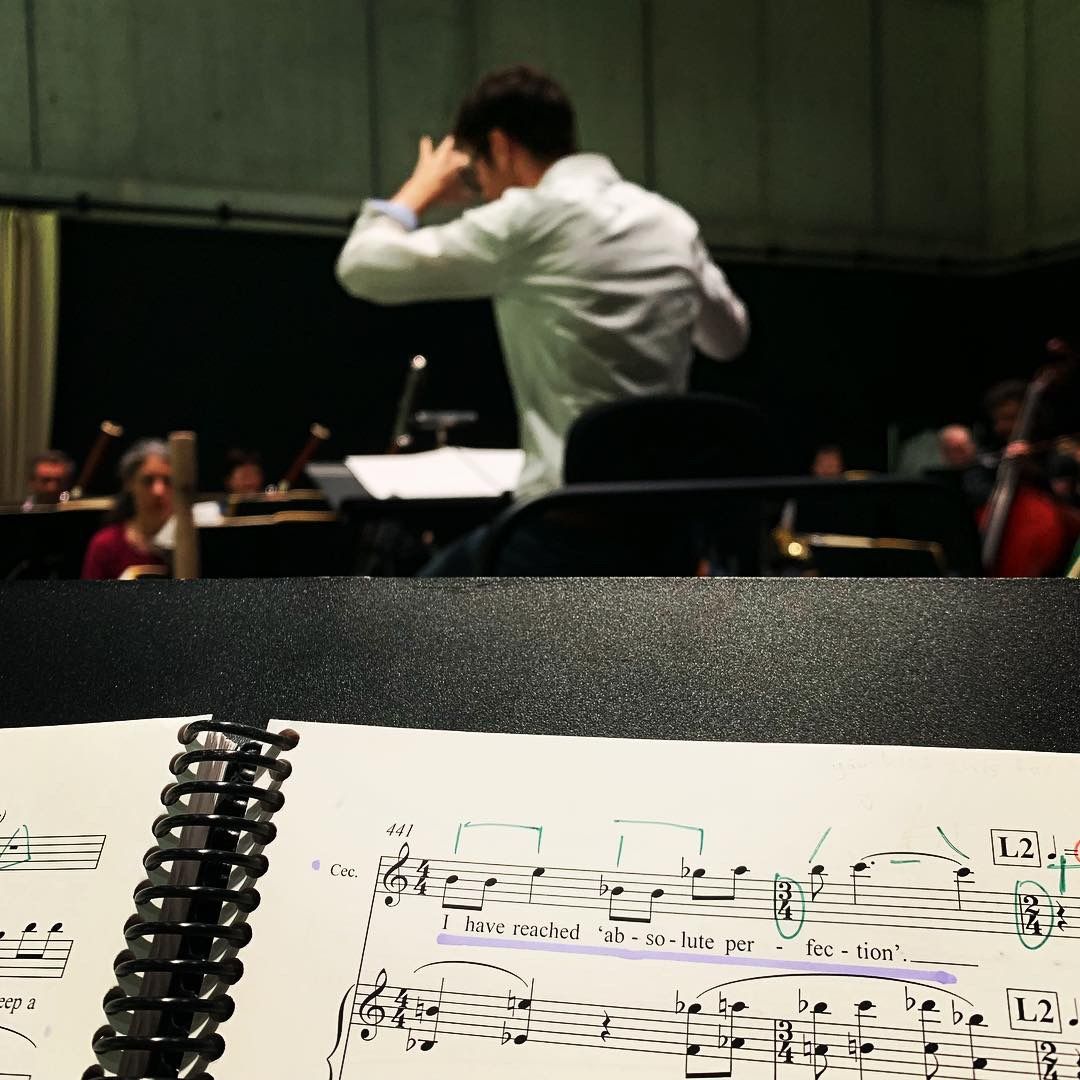
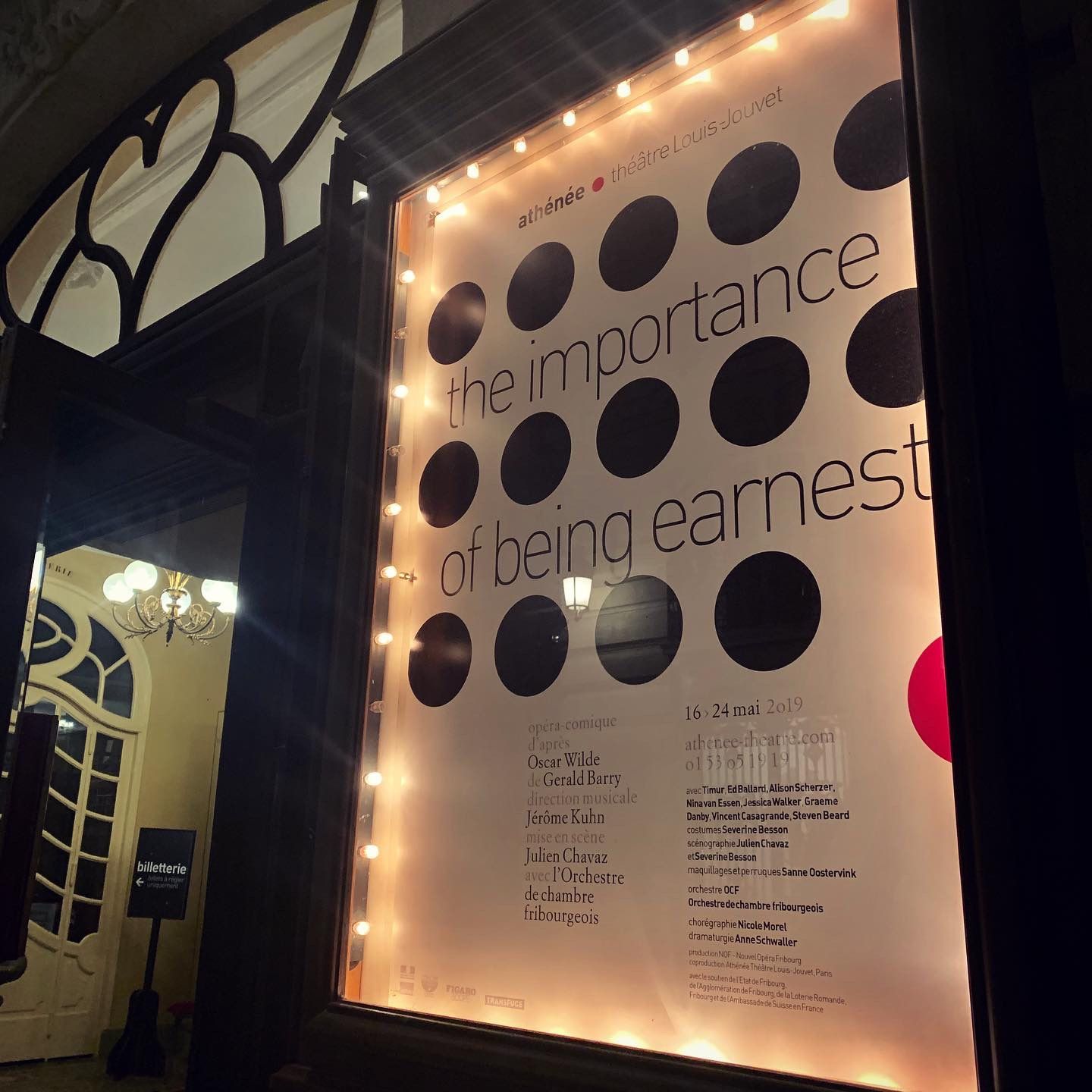


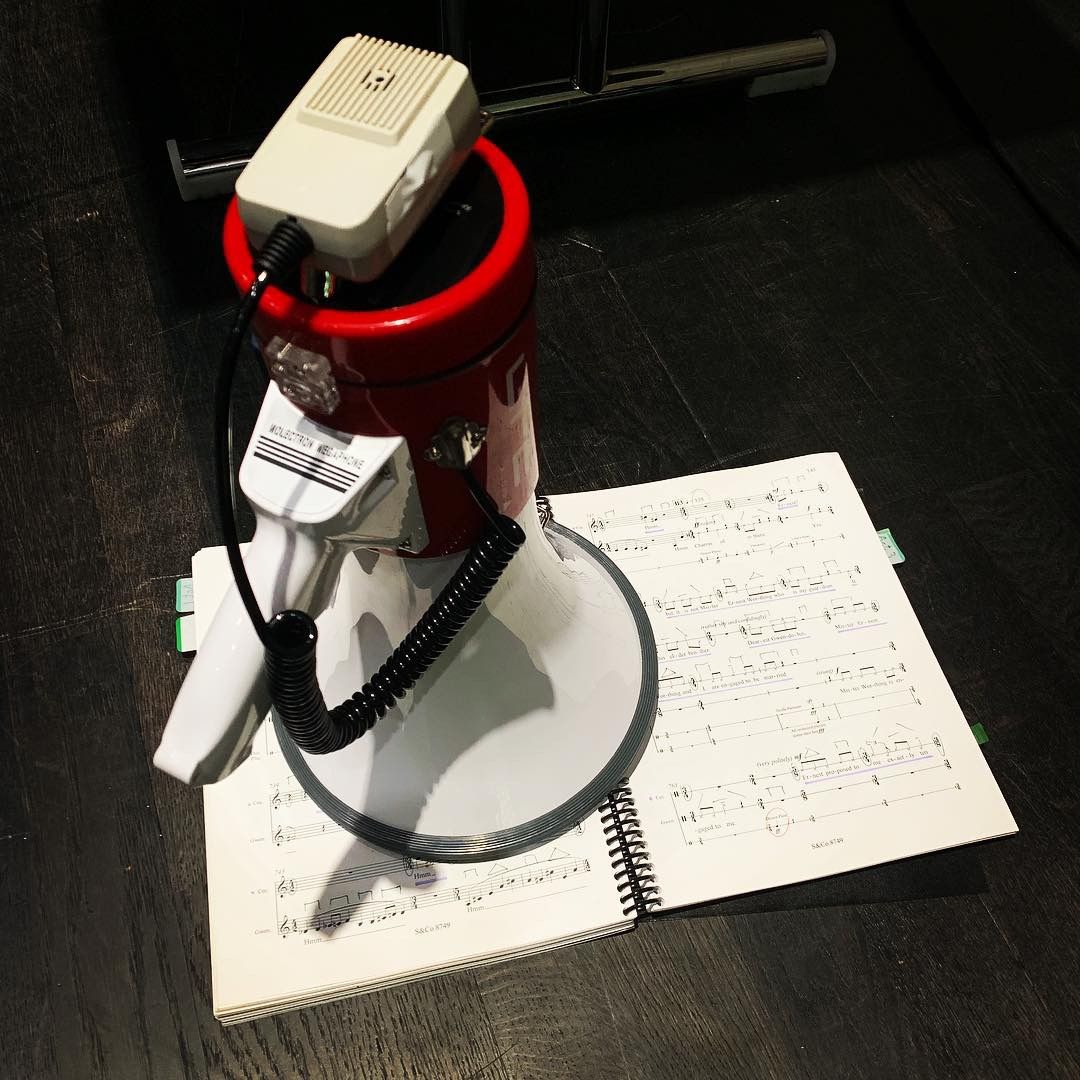
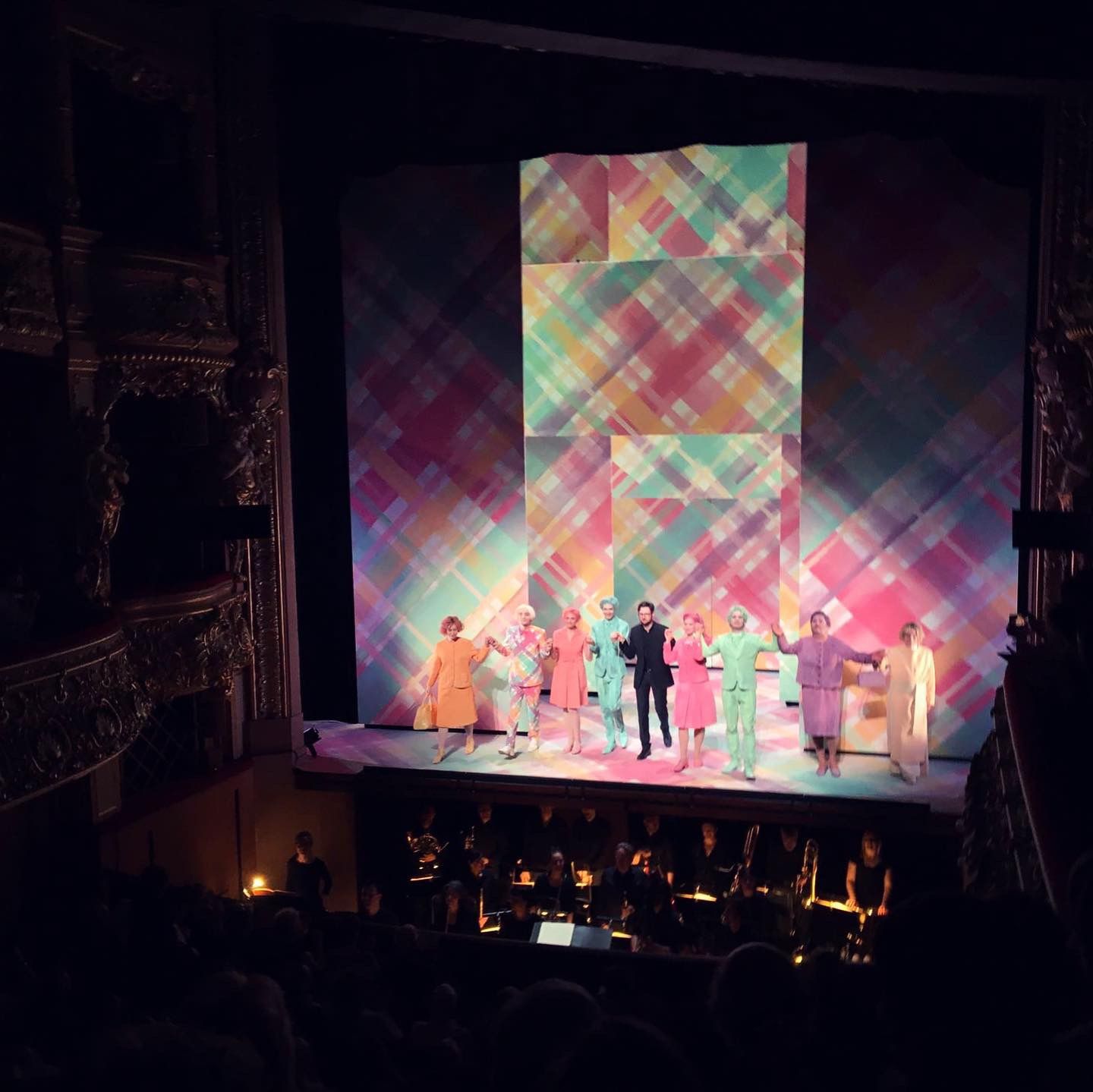
Links
